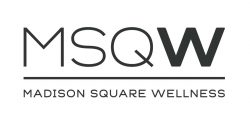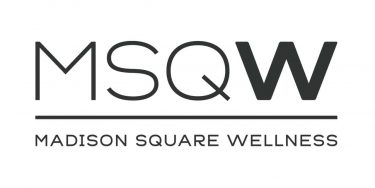Acupuncture
Acupuncture is 2,500 year-old technique rooted in the wellness theories of Traditional Chinese Medicine. It involves the painless insertion of small filiform needles into specific sites on the body in order to achieve a number of effects.
Acupuncturists may also provide treatment using tui na (Chinese medical massage), cupping or other techniques that our educated staff feel will most benefit the patient.
Our acupuncturists are licensed by New York State and the NCCAOM (National Certification Commission for Acupuncture and Oriental Medicine). Though each of our practitioners have specialties, our acupuncture team is adept at treating all of the following conditions:
- Back pain
- Neck pain
- Labor pain
- Headaches / migraines
- Overall stiffness
- Shoulder pain
- TMJ
- Chronic pain
- Menstrual cramps
- Arthritis
- Immune issues, digestive disorders, hormonal imbalances
- Insomnia
- Infertility
All About Acupuncture
Acupuncture is a thousands of years old practice rooted in the techniques and philosophy of Traditional Chinese Medicine (TCM). Most commonly it involves the insertion of very small needles into specific points of the body in order to help restore the flow and balance of the body’s life force, known as “qi.”
While there is a long tradition in Eastern Medicine of using acupuncture to treat a number of ailments, more and more Western doctors are utilizing this ancient practice to heal patients in alliance with Western Medicine.
Traditional Chinese Medicine and Qi
In TCM, qi is essential for life and exists throughout our body.
Qi is often (lazily) translated as “energy” but this is not a true translation. The Chinese character for qi is the character for rice with the character for steam or vapor over the top of it. Qi is neither the rice nor the steam, but it is the transformation moment when the rice releases steam. Qi is neither the food nor the energy from which it’s derived – instead qi is the ability of our body to transform the food into energy.
When the normal flow of qi is interrupted, blocked or otherwise impeded, there are real consequences to how our body and minds function. The goal of acupuncture is to assist your body in recovering and moving qi in order to return to a balanced state.
Acupuncture helps to move qi. All dysfunction in the body is caused by a lack of qi or stuck qi. There’s a lot of ways to get to that point – overeating, spending too much time in the sun, having too much stress, etc., but it all comes down to stuck qi. Needles help to move qi.
A Holistic Healing Method
Acupuncturists treat their patients from a holistic perspective. The nature of qi means all parts of the body are interrelated— what’s affecting your back may be related to your diet; what’s causing you headaches may be related to your day to day stresses.
To be effective in restoring balance, acupuncturists spend a lot of time understanding their patients’ lifestyles, diets and complete medical histories. Only with a full understanding of each patient can practitioners begin to identify and correct areas where qi must be restored.
The Western Perspective
The Western explanation for acupuncture tells us that the needles inserted into the body create tiny wounds. These wounds in turn provoke the body to heal.
When the body begins pumping blood to the areas affected, circulation throughout the body increases. The blood used for this process is especially nutrient rich as well, which aids in a number of functions beyond simple tissue repair.
Acupuncture also helps switch our autonomic nervous system from sympathetic (fight or flight) to parasympathetic (feed & breed or rest & digest). Our sympathetic nervous system gets triggered by stressors like racing for a subway or being stressed at work – it increases our blood pressure, quickens our heart rate, slows digestion, and increases adrenaline.
Acupuncture helps to switch your body out of the sympathetic response and triggers a para-sympathetic response. When the parasympathetic nervous system is turned on, we have an easier time falling asleep and digesting our food (essential for recovering from an injury!), and we feel less stressed, our heart rate slows, and our blood pressure drops.
Switching from sympathetic to parasympathetic is essential in keeping our body nourished and happy so that maximum healing can occur.
On-site and in-office acupuncture services
If you’re new to acupuncture or have questions, we’re happy to schedule a complimentary consultation call. Our acupuncture services are available on-site and in-office for your convenience.
Click here for the Acupuncture Consent Form.

